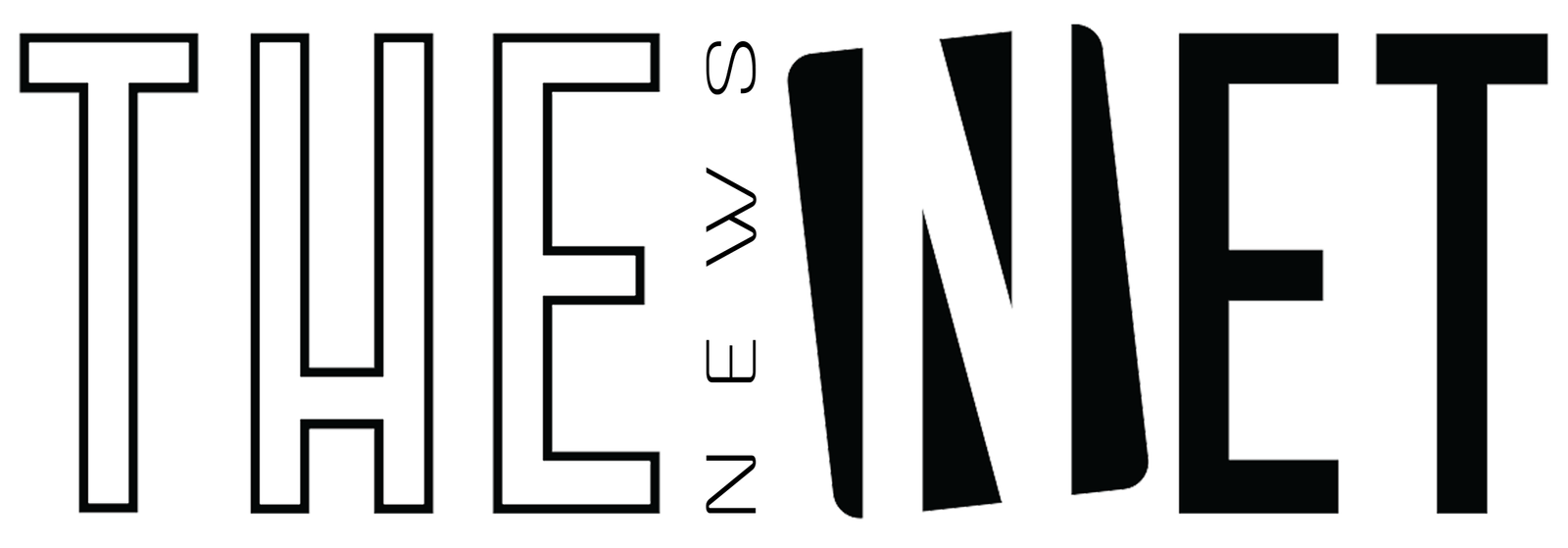Ethel Phamotse (72) of rural Makomoto in the outskirts of Tonota Village has hope where there appears to be none.
She is one of the female rural women of Botswana who are pinning their hopes on the government to financial assist them through a raft of empowerment schemes announced by the government of President Mokgweetsi Masisi ahead of this election year.
Botswana goes to a General Election on 30 October with citizen economic empowerment and unemployment as election issues.
Unemployment stands at 26 percent according available Central Statistics Office figures.
“I want the government to assist me through the Temo Letlotlo scheme. I have applied On a good month I make P2000. (about 150 US dollars). I use part of the money to pay men who supply me wooden poles to fence my field. Firewood money beats working the Ipelegeng , “ she told The News Net.
She is oblivious and wouldn’t care if Botswana is facing a severe economic slowdown from a diamond market contraction in 2023 and 2024 – the main driver of the economy. All she knows is that government has money to spend on struggling citizens such as herself.
Botswana’s economic growth is expected to fall to 1.0 percent this year, from 2.7 percent in 2023 and 5.5 percent in 2022. This reflects weaker global demand for diamonds and a sharp increase in inventories.
The International Monetary Fund (IMF), while cautiously optimistic, says real gross domestic product (GDP) growth should rebound next year although risks to the outlook remain elevated.
“A strong recovery is projected in 2025, driven by the rebound in diamond production and trade. But the economic outlook is highly uncertain, with the emergence of cheaper lab-grown diamonds and the announced sale of De Beers by its UK parent company,” the IMF says.
In the near term, the fall in diamond revenues could be accommodated by a mix of higher fiscal deficit and reprioritization of capital expenditure. Some fiscal relaxation is warranted in light of the widening of the output gap, but staff encourages the authorities to reprioritize capital projects to limit the increase in the deficit and ensure that they achieve the highest value for money.
The IMF says over the medium term, Botswana’s planned fiscal consolidation is critical to put a stop to the depletion of government’s financial buffers, build resilience against shocks and preserve fiscal sustainability.
The IMF says targeting a 1 percent of GDP fiscal surplus would generate sufficient savings to protect the budget against major economic shocks. While the authorities’ adjustment plan focuses mostly on expenditure restraint, there is also scope to increase revenues. The medium-term adjustment should be supported by institutional reforms, including a fiscal rule, more credible medium-term budgeting and possibly a well-designed SWF.
The monetary policy stance is appropriate. Inflation has declined since August 2022 and is projected to remain within the central bank’s objective range in the medium term. Underlying pressures, as measured by core inflation indicators, seem contained, while inflation expectations are well anchored. The 2023 external position is assessed to be broadly in line with fundamentals and desirable policies.
The authorities’ plans to strengthen financial sector oversight, deepening, and inclusion are welcomed. The financial sector is broadly sound and stable despite the economic slowdown. Faster implementation of the 2023 FSAP recommendations will further reduce financial risks. These include moving to implement Basel III liquidity standards, enhancing risk-based supervision of banks, reinforcing the crisis management framework (ELA, bank resolution), and deploying macro-prudential tools to address household debt risk.
The IMF cautions that accelerating growth and job creation requires ‘a fundamental shift towards greater private sector participation, a more diversified export base, and a more efficient public sector.’
“The authorities should prioritize SOE modernization, improved infrastructure for doing business (internet, energy, logistics), trade facilitation measures, more efficient social protection and financial inclusion reforms that support small entrepreneurs. These goals could be enshrined in the new NDP, supported by time-bound and well-prioritized action,” the IMF says.
The IMF cautions that accelerating growth and job creation requires a fundamental shift towards greater private sector participation, a more diversified export base, and a more efficient public sector.
“The authorities should prioritize SOE modernization, improved infrastructure for doing business (internet, energy, logistics), trade facilitation measures, more efficient social protection and financial inclusion reforms that support small entrepreneurs. These goals could be enshrined in the new NDP, supported by time-bound and well-prioritized action,” the IMF says.




